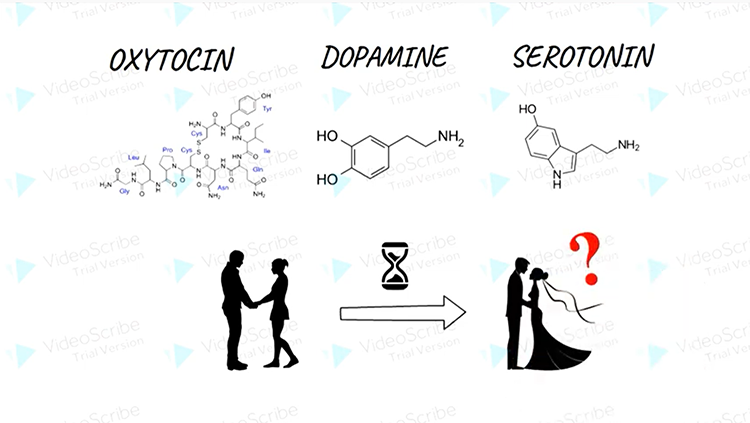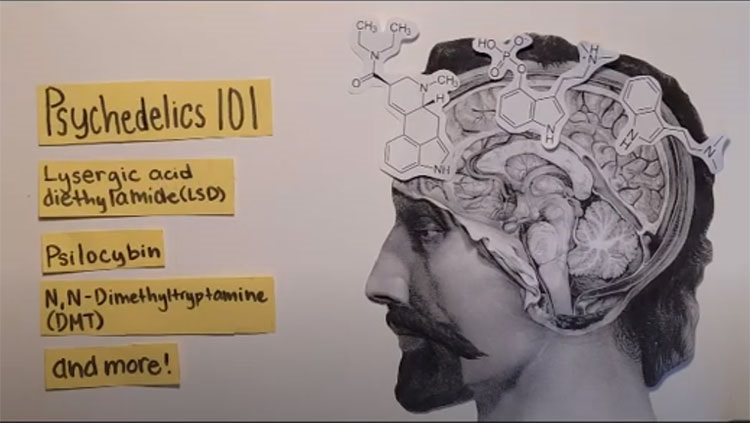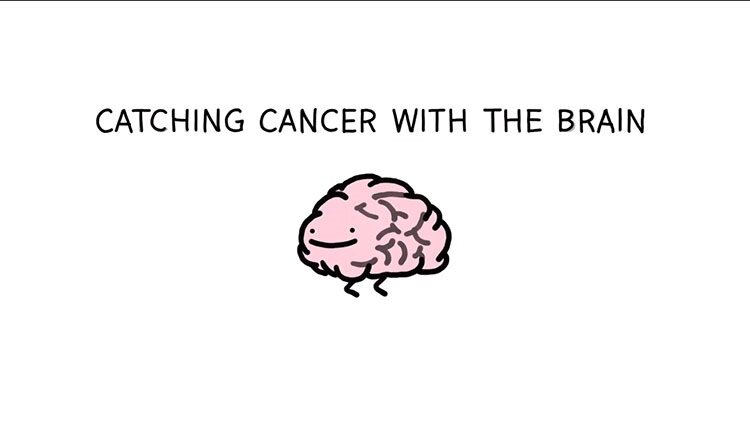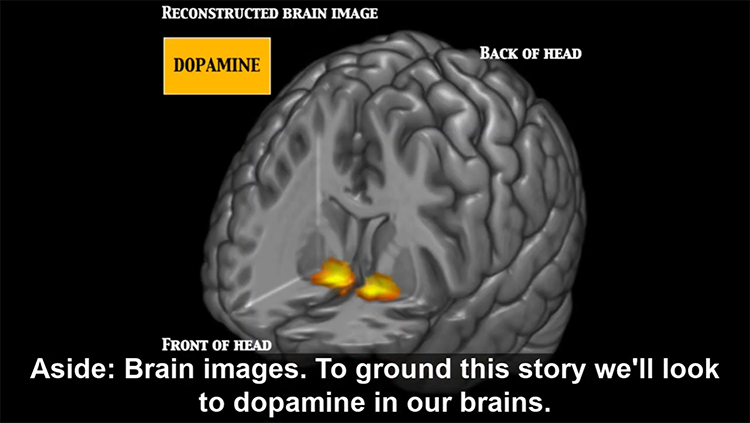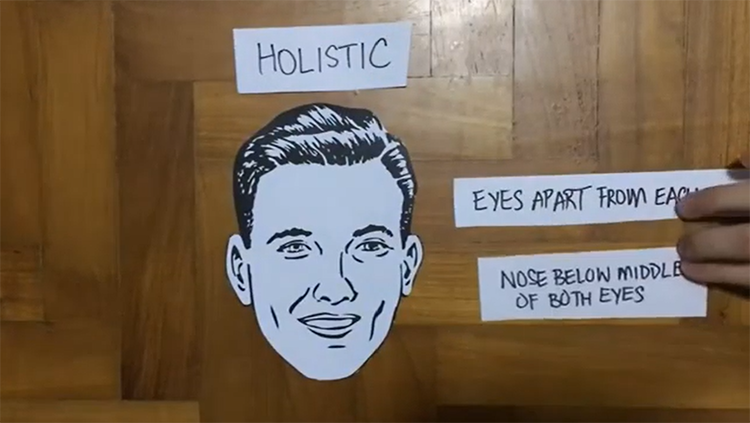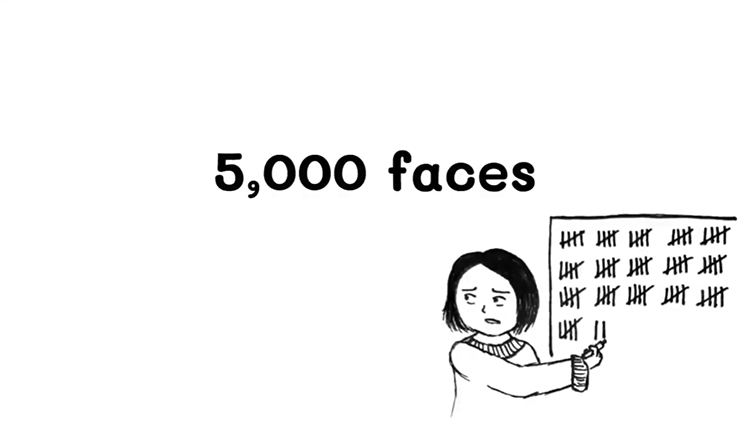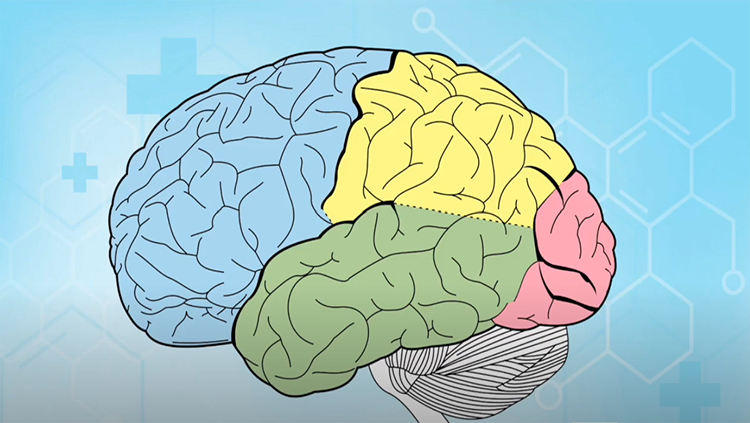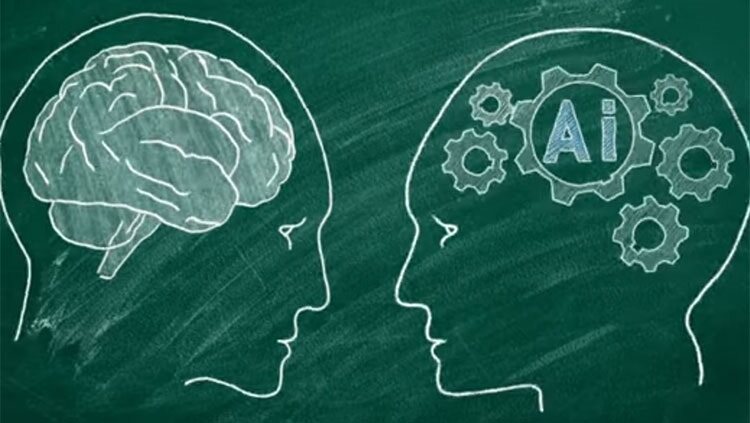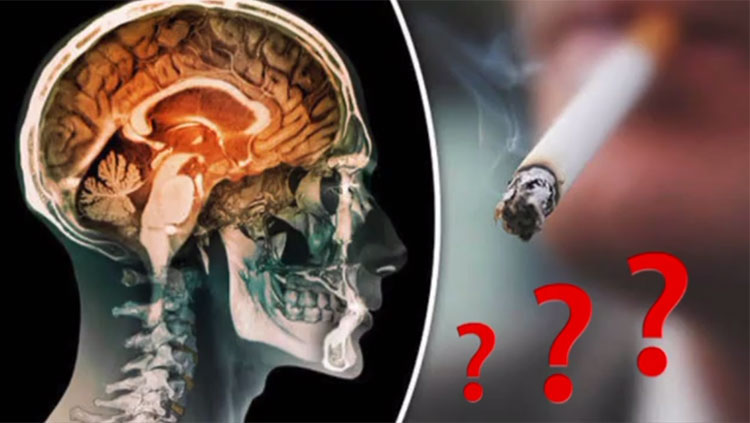Filter
-
(1)
-
(1)
-
-
(1)
-
(8)
-
(15)
-
(3)
-
(1)
-
(2)
-
(1)
-
(3)
-
(1)
-
(1)
-
(2)
-
(2)
-
(1)
-
(1)
-
(2)
-
(1)
-
(1)
-
(1)
-
-
(1)
-
(1)
-
-
(1)
-
(8)
-
(3)
-
(4)
-
(3)
-
(1)
-
-
(94)
-
(39)
-
(19)
-
(33)
-
(4)
-
(15)
-
-
(2)
-
(2)
-
-
(1)
-
(1)
-
-
(10)
-
(1)
-
(8)
-
(3)
-
-
(3)
-
(1)
-
(1)
-
(1)
-
-
(1)
-
(4)
-
(11)
-
(2)
-
(1)
-
(7)
-
(1)
-
-
(49)
-
(7)
-
(2)
-
(2)
-
(5)
-
(2)
-
(7)
-
(7)
-
(11)
-
(9)
-
-
(6)
-
(14)
-
(1)
-
(9)
-
(1)
-
(3)
-
(2)
-
-
(1)
-
(1)
-
(7)
-
(6)
-
(2)
-
(1)
-
(1)
-
-
(1)
-
(1)
-
-
(1)
-
(26)
-
(3)
-
(1)
-
(17)
-
-
(3)
-
(2)
-
(1)
-
-
(6)
-
(1)
-
(5)
-
(4)
-
-
(6)
-
(1)
-
(2)
-
(2)
-
(2)
-
-
(6)
-
(6)
-
-
(1)
-
(2)
-
(2)
-
(1)
-
(1)
-
-
(4)
-
(2)
-
(1)
-
(2)
-
-
(5)
-
(1)
-
(4)
-
-
(33)
-
(7)
-
(2)
-
(1)
-
(7)
-
(10)
-
-
(1)
-
(1)
-
(1)
-
-
(5)
-
(8)
-
(6)
-
(3)
-
-
(1)
-
(1)
-
-
(2)
-
(2)
-
-
(3)
-
(1)
-
(3)
-
-
(7)
-
(4)
-
(3)
-
(2)
-
(5)
-
(1)
-
-
(2)
-
(1)
-
(1)
-
-
(29)
-
(9)
-
(7)
-
(4)
-
(2)
-
(12)
-
-
(161)
-
(1)
-
(10)
-
(4)
-
(25)
-
(29)
-
(12)
-
(10)
-
(26)
-
(2)
-
(21)
-
(6)
-
(15)
-
(9)
-
(8)
-
(68)
-
(9)
-
(30)
-
-
(13)
-
(1)
-
(3)
-
(1)
-
(4)
-
(1)
-
(4)
-
(1)
-
-
(6)
-
(6)
-
-
(5)
-
(2)
-
(213)
-
(177)
-
(12)
-
(7)
-
(4)
-
(1)
-
(18)
-
(10)
-
(24)
-
(6)
-
(177)
101 - 110 of 229 results
-
Surges of different neurotransmitters give rise to the emotional whirlwind that characterizes the early stages of romantic relationships.
-
A rebound in psychedelics research questions whether their clinical use can impact neurodegenerative diseases like Alzheimer’s.
-
Similar to how plants in a garden grow, our brain needs certain elements for effective learning. AI technologies are built to grow in a similar way, with some systems helping doctors identify cancers.
-
Neuroscientists are learning how our brains process poetry and how poetry can change the way we learn about neuroscience.
-
The brain’s fusiform face area helps you find your friend in a crowd.
-
Our knack for recognizing faces helps us communicate with those around us and learn about our environment.
-
How choices are framed can drastically influence our decisions ¬¬— even when outcomes are identical.
-
Like a gardener trimming the excess branches of a tree, synaptic pruning clears away unneeded connections between neurons.
-
Much like neural networks in the brain, artificial neural networks adjust the strength of their connections with repeated exposure to data to perform certain functions.
-
Smoking nicotine and drinking alcohol are common risk factors that can lead to premature death. Learn how both substances impact our bodies and can lead to addiction.


